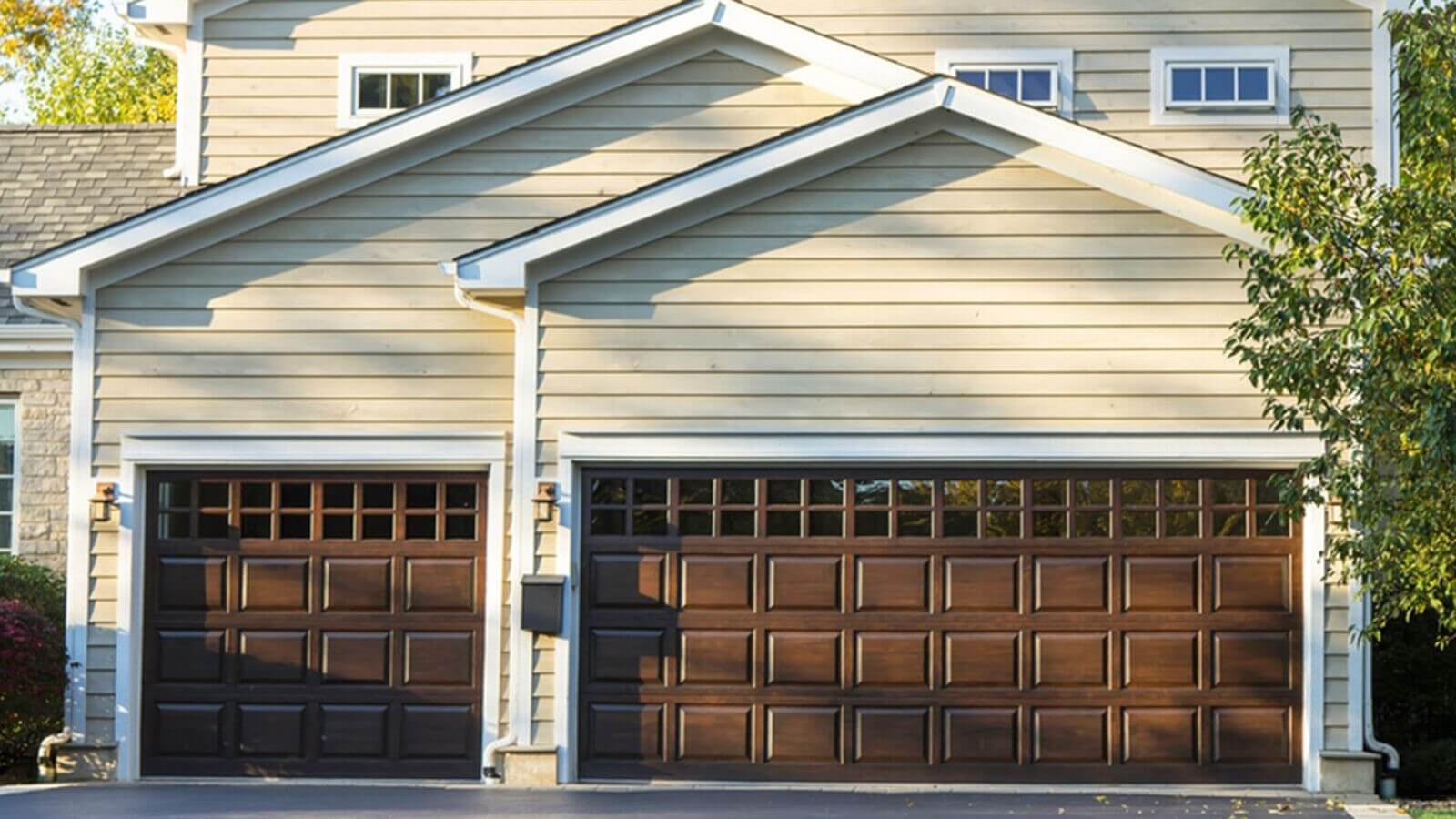How Much Does It Cost To Replace A Spring On A Garage Door?
When it comes to garage door repair, one of the most common issues homeowners face is a broken spring. If you've ever found yourself in a jam with a garage door that won't budge, you're not alone. So, how much does it cost to replace a spring on a garage door? Let's dive deep into this essential topic.
Understanding Garage Door Springs
What Are Garage Door Springs?
Garage door springs are crucial components that help lift and lower your garage door efficiently. They counterbalance the weight of the door, making it easier to open and close. There are two main types of springs: torsion springs and extension springs.
Torsion Springs
Torsion springs are mounted above the garage door opening and provide lifting power through torque. They are typically more durable than their counterparts and can handle heavier doors.

Extension Springs
Extension springs are located on either side of the door and stretch to provide lifting force. They're often found on lighter doors but may wear out quicker than torsion springs.
Why Do Springs Break?
Springs can break due to:
- Wear and Tear: Like any mechanical component, springs have a lifespan.
- Rust: Corrosion can weaken metal over time.
- Improper Installation: If not installed correctly, they may fail prematurely.
How Much Does It Cost To Replace A Spring On A Garage Door?
The cost of replacing a garage door spring can vary based on several factors such as type, location, and labor costs. Here's a breakdown:

Average Costs by Type
| Spring Type | Average Cost (Material Only) | Labor Cost | Total Estimated Cost | |-------------------|------------------------------|------------|----------------------| | Torsion Spring | $50 - $100 | $150 - $250| $200 - $350 | | Extension Spring | $30 - $60 | $100 - $200| $130 - $260 |
As you can see from the table above, the total estimated cost for replacing a torsion spring ranges from about $200 to $350, while extension springs will generally cost between $130 to $260.
Factors Affecting Replacement Costs
DIY vs Professional Replacement
Can You Replace It Yourself?
If you’re handy with tools, you might consider tackling this project yourself. Replacing a spring isn't overly complicated, but it is dangerous without proper precautions.
Pros of DIY
- Save money on labor costs.
- Gain hands-on experience with home repairs.
Cons of DIY
- Risk of injury from high-tension springs.
- Potential for improper installation which could lead to further damage or malfunction.
When Should You Hire a Professional?
If you're unsure about any part of the process, it's best to hire someone experienced in garage door repair. Professionals know how to handle high-tension situations safely and can often diagnose related garage door repair cost issues quickly.
Signs Your Garage Door Needs New Springs
How Can You Tell if Your Springs Are Bad?
Look out for these signs:
If you notice any of these symptoms, it's time for some repair work!
How Long Do Garage Door Springs Last?
On average, torsion springs last about 15,000 cycles while extension springs last around 10,000 cycles before needing replacement. One cycle includes opening and closing the garage door once.
Maintenance Tips for Longer Lifespan
Taking care of your garage door springs can extend their life significantly:

FAQs About Garage Door Spring Replacement
1. How long does it take to replace a garage door spring?
It typically takes about 1-2 hours for professionals to replace a spring depending on their experience and whether any additional repairs are needed.
2. Can I use different types of springs on my garage door?
It's not advisable as each type is designed for specific weights and operations; mixing them could lead to performance issues or even damage.
3. What happens if I don't replace my broken spring?
Ignoring a broken spring will lead to further complications like damage to other components or complete inability to operate your garage door safely.
4. Are there warranties on replaced garage door springs?
Yes! Most reputable companies offer warranties ranging from one year up to lifetime coverage depending on materials used and labor provided.
5. Is it normal for my garage door springs to make noise?
Some noise is normal during operation; however loud banging sounds could indicate improper installation or imminent failure—best get those checked out!
6. Can I prevent my garage doors from breaking down completely?
While you can't prevent all failures due to wear-and-tear over time (especially in older systems), regular maintenance checks can significantly reduce incidences leading up until replacement becomes necessary.
Conclusion: Understanding Your Costs & Options
In summary, knowing how much it costs to replace a spring on your garage door helps you prepare financially should repairs become necessary down the line! Whether opting for professional service or attempting DIY fixes yourself—always weigh risks involved carefully before making decisions about replacements! And don’t forget those maintenance tips; keeping things running smoothly saves time—and money—in long run!
So next time you're facing that stubbornly stuck garage door issue—don't panic! Remember everything we've discussed here today—and tackle whatever comes up accordingly! Happy repairing!